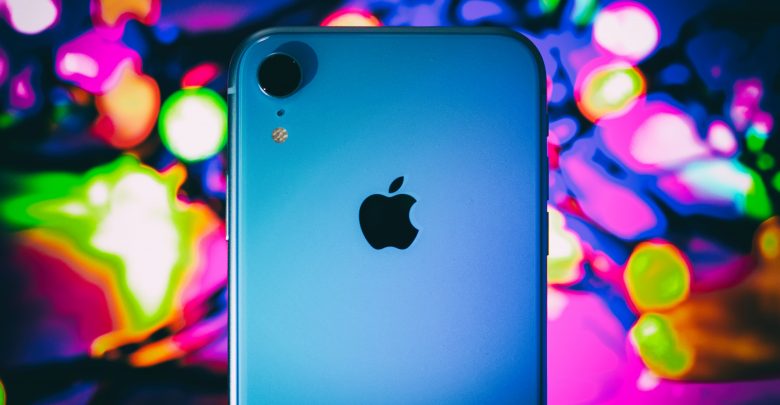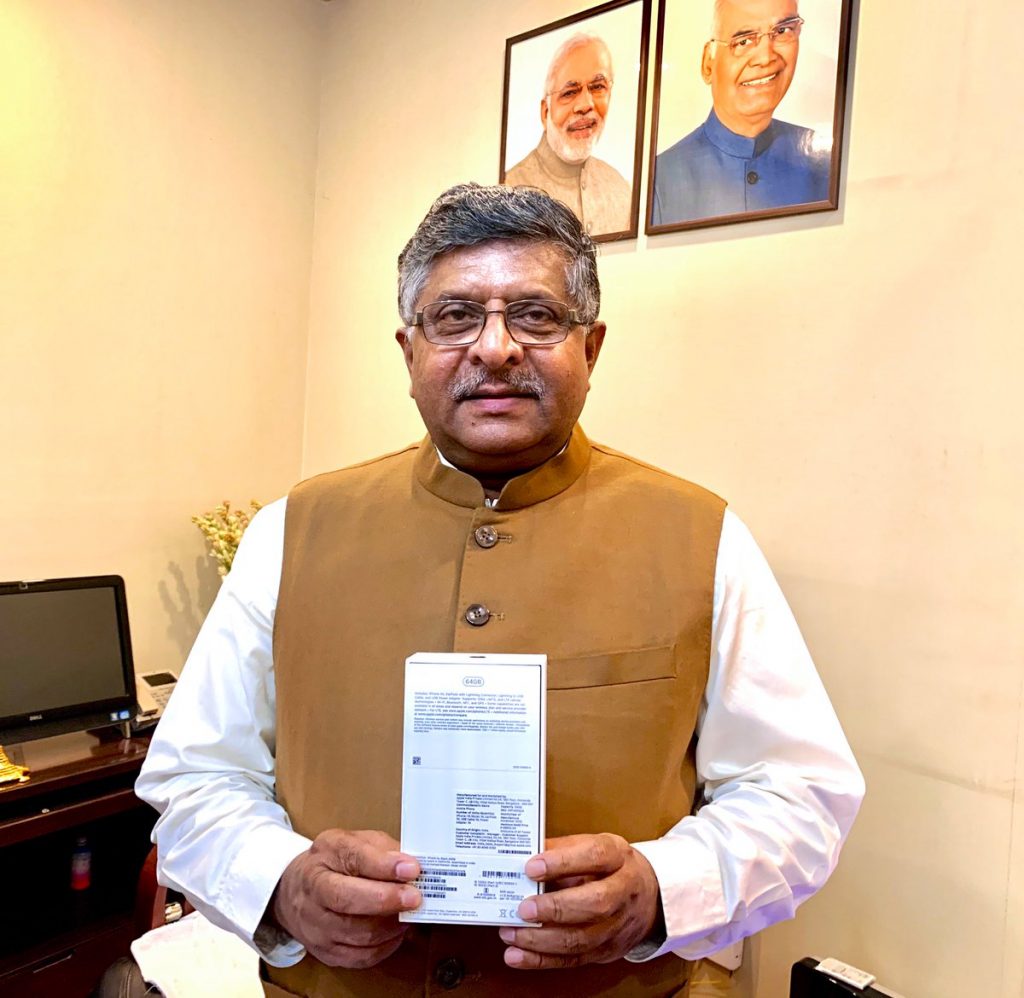
In recent years India has exhibited enormous progress in consumer electronics sales including Smartphones. Apple has always recognized true potential of Asian markets. China is the number one market for Apple’s recent iPhones. Last year, while other smartphone manufacturers in India did very well, Apple did not get the expected boost in the sales. While Apple in India did well in the premium phones category ranged above $500 beating Samsung in sales in the second quarter of 2019 as per data made available by TRAI in a report. None of the Apple iPhones including the budget iPhone XR was ever able to create a strong appeal even in the mid-premium Android segment let alone the budget segment.
It did not take much time for Apple to understand the demand and requirement of Indian smartphone market. It had a strong competition from Oneplus, Oppo like manufacturers and their budget premium products with loyal geeky customers. Apple also needed to appear feasible for budget Xiaomi, realme customers in the market to gain a good overall presence in the smartphone market locally. No one here is denying that Apple is any where as inferior or bad in terms of share as Google’s Pixel phones, no matter what price it sells at. There is always a demand for an iPhone here. Folks were buying iPhone 6s in 2019 to hold an iPhone. Period.
But for Apple quality and cost both needed go parallel. They could never achieve any of the above said things without magically obviating import duties and other taxes in India. This stifled Apple’s growth potential in India. Today’s India is no longer not ready to accept challenges of manufacturing industry with one of the biggest and youngest skilled population available for work. Many other industries including automobiles and their technology demanding production plants are alreading functioning in today’s India. India is not just assembling but actually manufacturing most of the components that are being assembled.
Current Prime Minister Modi’s Make-in-India initiative and ideal relaxation in the foreign direct investment policy of the country has gained Apple’s attention. It was something that Apple needed and this has mutually benefited both. Apple’s took the Make-in-India initiative seriously to start assembly, production, manufacturing in limited iPhone models in India. The immediate aim was to boost sales by avoiding up to 20 percent import duties on iPhones by assembling them locally for the market. Who could guess what Apple had in roadmap for India.Things got really interesting globally when Apple started to push India as production hub in the region for future exports world-wide.
The world was not taken by surprise as it was expected thanks to US-China trade war and sanction levying practices that had been going on for so long. No global consumer electronics company want to be a piece and parcel of such conventional style of negotiations. The growing cost of labor in China could also be a reason for Apple’s contract manufacturers.
In 2017, Taiwan’s Wistron had started iPhone assembly in India near Bengaluru for iPhone SE and 6S. In mid-Oct 2019, Apple’s primary contract manufacturer Foxconn started commercially producing iPhone XR in Sriperumbudur town in the southern state of Tamil Nadu near Chennai. These new retail unit boxes of iPhone XR are assembled, manufactured and marketed, all in India. It is something to be proud of. These units are not only used for supply in the local market but also exported.
Not just Apple’s main contract manufacturer but also other component makers like Salcomp are also rejoicing Make-in-India by investing and starting their production locally. It is the biggest supplier of chargers to Apple’s iPhone. When Salcomp like manufacturing giant makes a serious investment for production of components including iPhone’s chargers in the same area, it gives a strong message to the world regarding Apple’s roadmap for India in future. It appears to be future production hub for the region for both domestic and global market.
It is certainly a repercussion of Sino-US trade-war and timely changes in rules of foreign direct investment rules by current government of India. This is not all. Owing to changes in foreign investment rules, now a foreign company get to sell its products both online locally and in retail brick-and-mortar stores. Apple is not going to miss this opportunity by any means. It has previous tried to get a few stores in India and now is the perfect time. It would not only bring more customers but also bring Apple India to the global template. It has been long due and could not be ignored in 2020 at all. According to a news report, Apple is going to shell out close to 1,000 Crore INR to elevate Apple India to global standards with online and retail stores in coming two to three years. I believe Apple has a lot of gain from brick-and-mortar stores.These company run physical retail store operations with state-of-the-art customer experience and after sales support would increase trust and bonding with customers in India who are yet to adapt plastic money. It is a cash run economy. It is a country where mothers and wives have saved hard cash in kitchen for your bike, trip, clothes and now smartphones. It is a good move for Apple in every aspect.
Apple India’s customers seek the faith and hands-on experience that the beautiful and massive mall like Apple Stores offer world-wide. It is not just a store by any means, it is an outstanding display of strength, quality and perfection by all means.

Like our Minister, let us hope for further expansion of production Apple in India with more products being made and exported. It is mutually beneficial for India and Apple. India gets more investment and quality jobs. With Apple manufacturing in India, it paves way for others who are still holding back with reluctance owing to a poor experience of rigid governments and red-tape previously. Welcome Apple!



